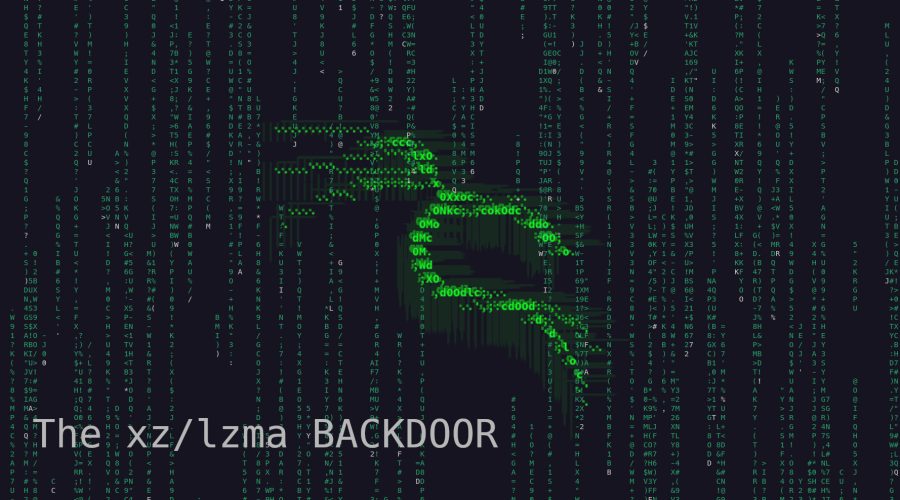In what could have been the most devastating security breach in the history of open-source software, a highly sophisticated backdoor was discovered in the popular Linux utility, XZ Utils, specifically within the liblzma library versions 5.6.0 and 5.6.1. This discovery, made by software developer Andres Freund, unveiled a meticulously orchestrated attack that targeted Debian- and RPM-based systems, posing a substantial threat to millions of computers worldwide.
The Discovery
The backdoor was uncovered when Freund, investigating a performance regression in Debian Sid, noticed anomalies in SSH connections. This led to the discovery of malicious code that, when activated by a specific Ed448 private key, could enable remote code execution on the affected systems. What made this backdoor particularly alarming was its CVSS score of 10.0, indicating the highest level of severity.
The Mechanism
The attack was executed through two stages: the first involved the injection of malicious code into the liblzma library, and the second exploited a third-party patch of the SSH server. This intricate mechanism was designed to remain dormant until specific conditions were met, thereby evading detection under normal circumstances. The malicious code utilized the glibc IFUNC mechanism to replace an existing function in OpenSSH, effectively bypassing sshd authentication to gain unauthorized system access.
The Response
Upon discovery, immediate actions were taken to mitigate the threat. The Cybersecurity and Infrastructure Security Agency, along with various Linux software vendors, issued advisories recommending a rollback to previous, uncompromised versions of the affected packages. Canonical even postponed the launch of Ubuntu 24.04 LTS to ensure a thorough review and rebuilding of all packages.
The Implications
Had this backdoor not been detected, it could have granted attackers unparalleled access to systems worldwide, making it potentially the most widespread and effective backdoor ever planted in software. This incident has sparked a critical discussion on the reliance of essential cyberinfrastructure on open-source projects, often maintained by unpaid volunteers.
Preventing Future Disasters
This near-miss serves as a wake-up call for the open-source community and underscores the need for enhanced security practices. Especially for projects used in operating systems and are maintained by a small team or individual contributors. Here are a few measures to prevent similar situations:
- Rigorous Code Review: Implement mandatory, thorough code reviews for all contributions, especially those with significant access or changes to critical components.
- Enhanced Security Audits: Regular, comprehensive security audits can help identify vulnerabilities before they are exploited.
- Two-Factor Authentication: Require two-factor authentication for contributors with commit access to add an extra layer of security.
- Continuous Monitoring: Utilize automated tools to continuously monitor for unusual activity or changes that could indicate a security breach.
The discovery of the XZ backdoor averted a potential worldwide disaster, highlighting the critical importance of vigilance, thorough security practices, and community engagement in maintaining the integrity and safety of open-source software.

